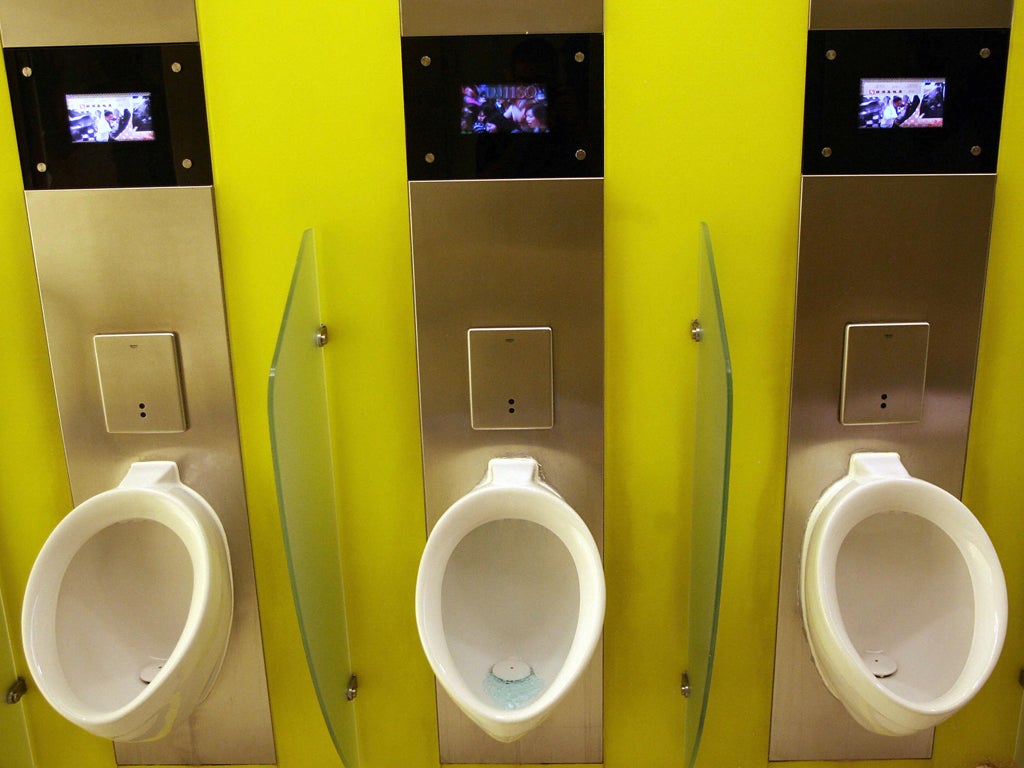Man About Town: What type of building will we convert into a bar next?
Chances are that many of the country's buildings were something else a bit interesting before being converted into a bar

On Thursday night, I was at work in some old coal vaults. No, not a change in career, but Coal Vaults, a new bar in Soho.
The early 19th century basement of the building was, as its name suggests, once a place where for storing coal. Now its press release promises that “the space has been restored to its former glory using materials from copper, timber, steel, and old London stock brickwork.”
Although I’m not sure that coal stores were ever considered “glorious”, the owners obviously glory in their venue’s quirky former use. For them, it could offer an extra edge in the competitive world of attracting drinkers and diners.
As when introducing anything new, marketers like a back story. For venues, a mythical period drama-esque tale is even better when that story is held together by design tropes like exposed brickwork and visible materials like steel.
The warehouse, of course, set the trend. There are so many bars and clubs in warehouses across the country that I sometimes worry where we actually store things. Then there are the pubs in old churches – proof, if needed, of the nation’s preferred choice of weekend worship.
Now any old conversion will do. In London you can get a drink in a former court room and it’s not unusual to receive invitations to parties in old Royal Mail sorting offices. While the secluded spots in Coal Vaults made for neat places to sit, not all remnants of the past will necessarily add value to a night out.
Why would anyone want to know that they were eating or drink in an old public lavatory, for example? But that hasn’t stopped the development of The Temple Bar in Manchester, nor The Attendant Café in the capital, where you can eat sandwiches at tables in converted 19th century Royal Doulton urinals.
Those attaching the “converted” or “former” tag to new places, seem to want us to forget that so many of the country's buildings are old that the chances are that every building was something else a bit interesting before.
It’s surely only a matter of time before someone opens a nightclub in a disused old people's home or a hotdog joint in a former donkey sanctuary. And when we run out of space completely? No doubt the emails will arrive celebrating new venues inside “converted restaurants”.
Join our commenting forum
Join thought-provoking conversations, follow other Independent readers and see their replies
Comments